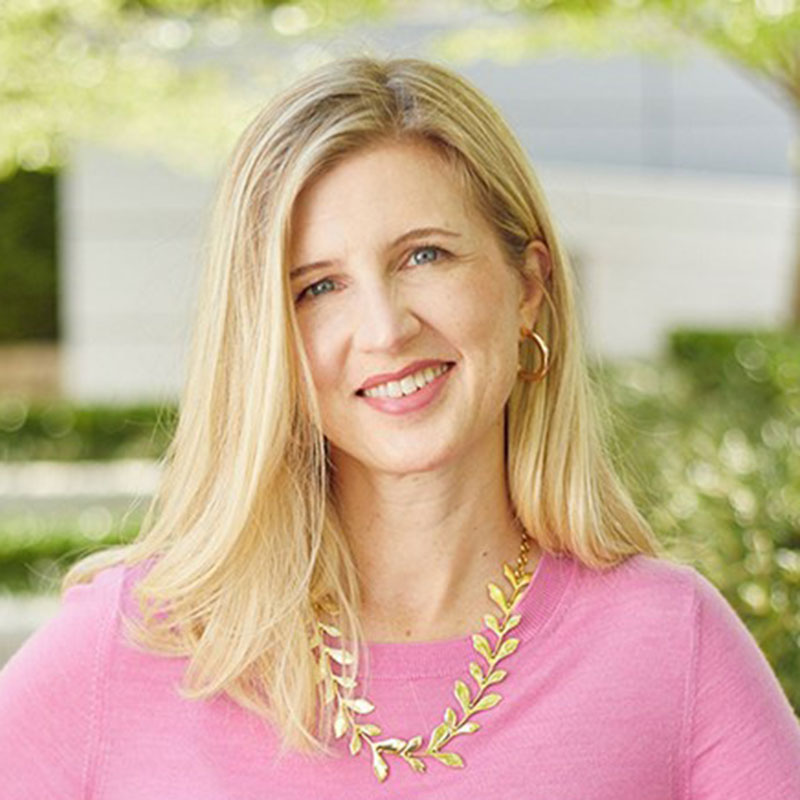
How Purpose-Driven Orgs Engage Employees During the Pandemic
If culture defines a company, then it also defines how that company responds in a crisis. The news is full of examples of how that fact is magnified in the COVID-19 pandemic, from the good — fast-food companies giving food to healthcare workers — to the bad — telecoms workers protesting their company’s lack of protections for those still working. Organizations with strong track records of putting people and purpose first are finding it easier to build employee confidence and maintain business continuity, even in the most challenging of times.
Leaders of those organizations should not let off the gas. This is the time to lean into purpose as a compass for decision-making and employee engagement.
No company can solve all the problems employees are dealing with right now — feelings of isolation, supporting sick family members, keeping their children’s education on track — but they can provide the support, clarity and flexibility to make dealing with those problems easier. Their opportunity is to prioritize their responses using three criteria:
- Agility
- Adaptability
- Humility
1. Agility
In the midst of a crisis like the COVID-19 pandemic, companies must focus on keeping their employees updated regularly with critical information. An effective approach includes establishing a predictable cadence of clear communications available via multiple channels.
Not every employee communications tactic is right for every employee. Some want just the facts; some want to feel connected in a more personal way with their company’s leadership. Some want multiple emails a week; some would prefer their information come from a virtual all-hands meeting. Successful communicators will strive to meet employees where they are and provide consistent information across all channels. Everyone is experiencing this pandemic differently, so communications should be flexible, adaptable and mindful of our audience’s varied needs.
At WE, our approach spans multiple touchpoints, including weekly emails that cover business continuity and global policy shifts, ongoing office meetings via Microsoft Teams, and localized emails with market-specific information, all led by key updates and insights from our CEO. Humor can be a valuable tool to relieve stress, so we also bringing our people together through lighthearted emails that share user-generated quarantine content from employees around the world.

Wacky Wednesday has kept our teams connected and creative.
2. Adaptability
This is a time of great recalibration. The plans organizations laid out for 2020 suddenly no longer reflect reality, and we have all adapted the way we work and what we prioritize. Every company’s primary focus absolutely must be the wellness of their people.
WE’s top priority — now and always — is the health and safety of our people. We use this lens to guide all our decisions. As COVID-19 spread in Asia, WE began recalibrating our policies, remote work processes and expectations around business travel to keep our employees safe. When it expanded around the world, so did our organizational changes. As we mark weeks and even months (depending on where you sit) into this global health crisis, we’ve expanded our employee resources for stress relief, mental health and more. We’ve also reached out into our communities to identify where and how we can provide assistance, often following the lead of our own employees.
Purpose-driven organizations can empower their employees by offering support, flexibility and resources for mental wellness. Sometimes the support is financial — Patagonia owner Yvon Couinard is forgoing profits in favor of paying all employees while its offices and stores are shuttered. Many companies are ramping up training in online collaboration tools or providing mindfulness resources to staff for free. Leaders must be prepared to adapt new ways of thinking and evolve those ideas as circumstances change.
3. Humility
It’s human to feel anxious and uncertain — we’re all living this pandemic in real time. An invaluable opportunity for leaders in a crisis is to share their personal experience. It takes a strong leader to admit that she doesn’t have all the answers, or will have to make hard choices. Acknowledging vulnerability and humanity in a time of crisis is a leadership gift that will build affinity with those who trust you to be at the helm.
Melissa, our global CEO, has balanced optimism with realism, acknowledging that although we’re going to get through this, we’re all facing a challenging period.

WE Global CEO and founder Melissa Waggener Zorkin has provided multiple updates to WE employees in emails and videos.
On a personal note, I’m grateful to be surrounded by so many caring, capable and supportive colleagues across our global offices. Every day I watch my co-workers do exceptional work under difficult conditions. As we adjust to this new working environment, I’m striving to be patient with myself. Some moments I’m working full speed, other moments I’m suddenly exhausted, and most often I find myself somewhere in between. I’m learning there is no single “right” way to feel, and I’m grateful for the united and supportive response across our agency.
When we work through a crisis, we look to leadership for guidance. We also look to each other. Listening to ideas and concerns from your employees is crucial to calibrate a company’s communications and ensure employees have the information and access they need to be successful.
The story of how companies respond to this pandemic is still being written. Employees are authors of it together with leadership. The decisions leaders make about how to purposefully engage their employees matter now more than ever.
The latest blogs from WE
Pride is Democracy
Overcoming the Lack of Diversity in Clinical Trials
Is Corporate Purpose Still Relevant in 2024?
